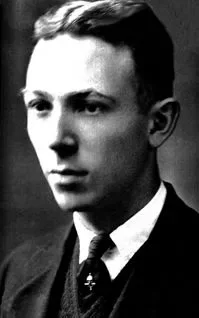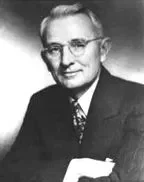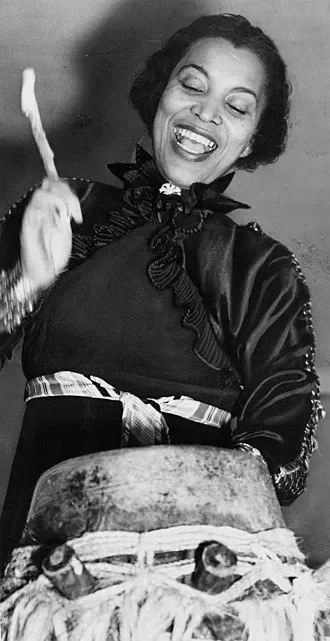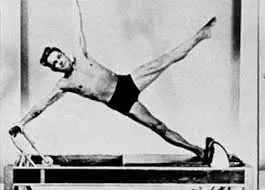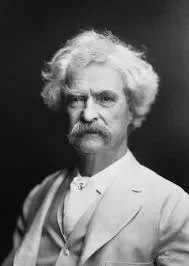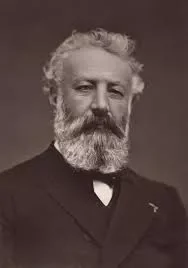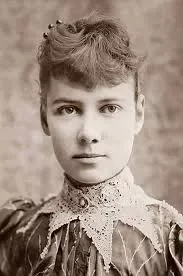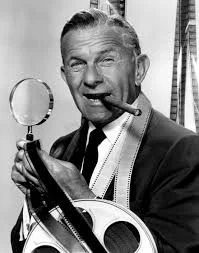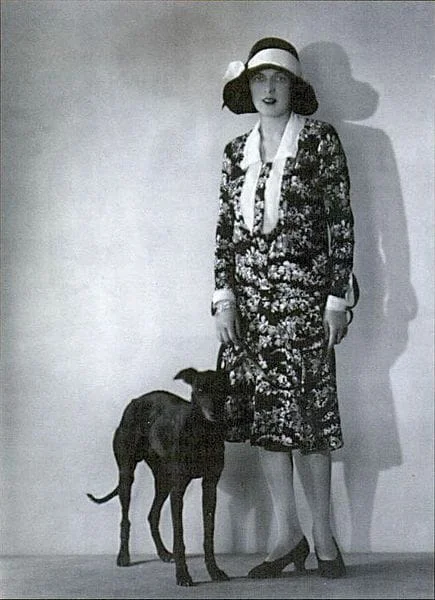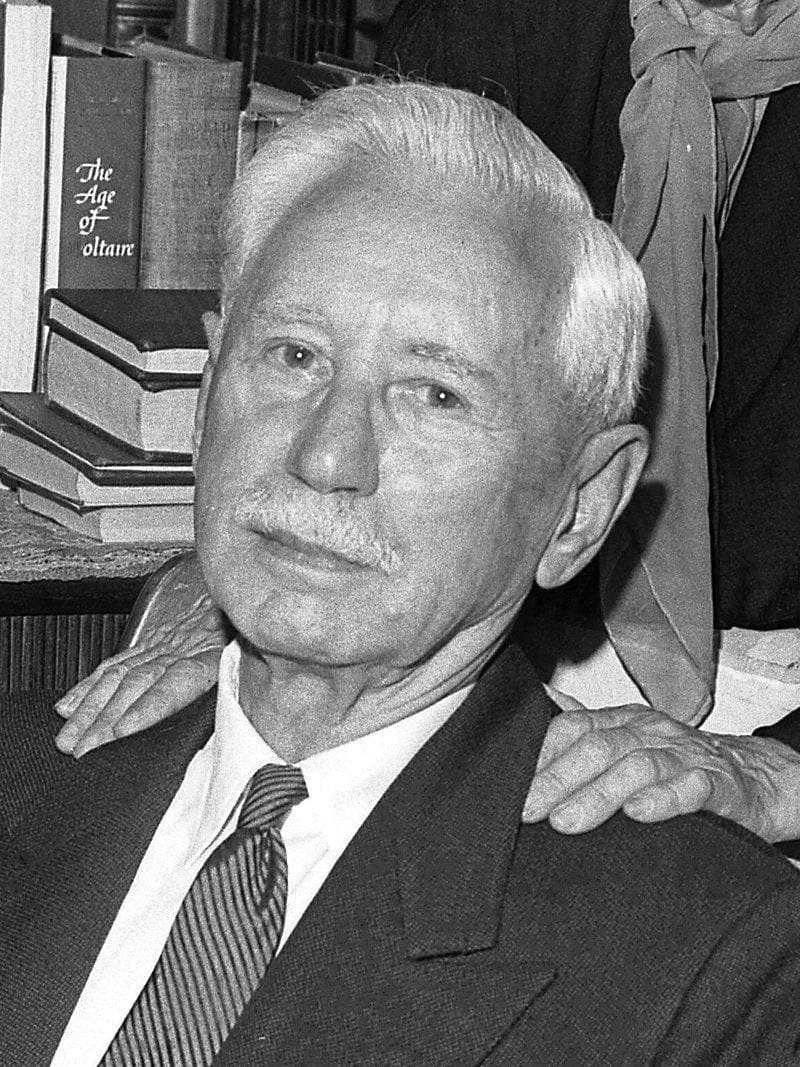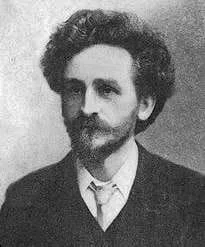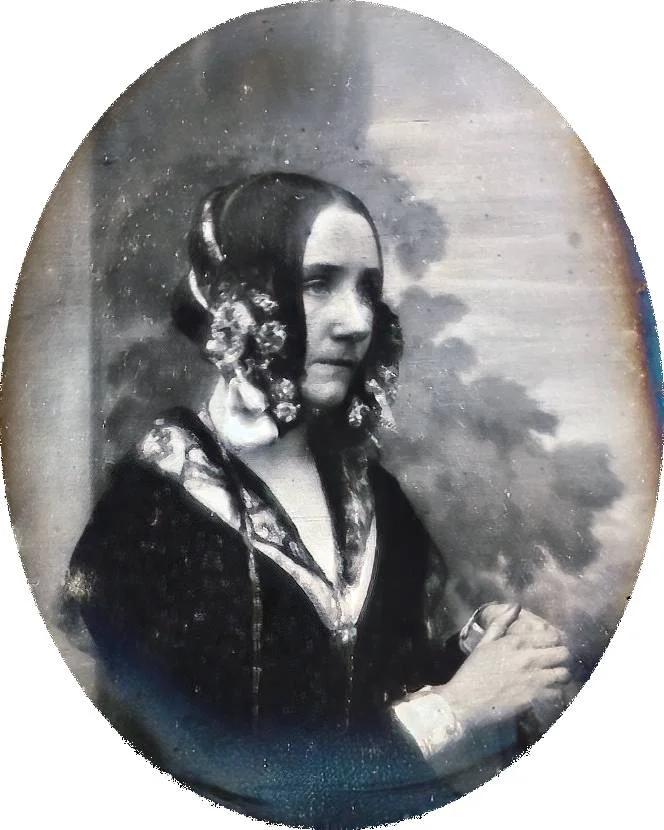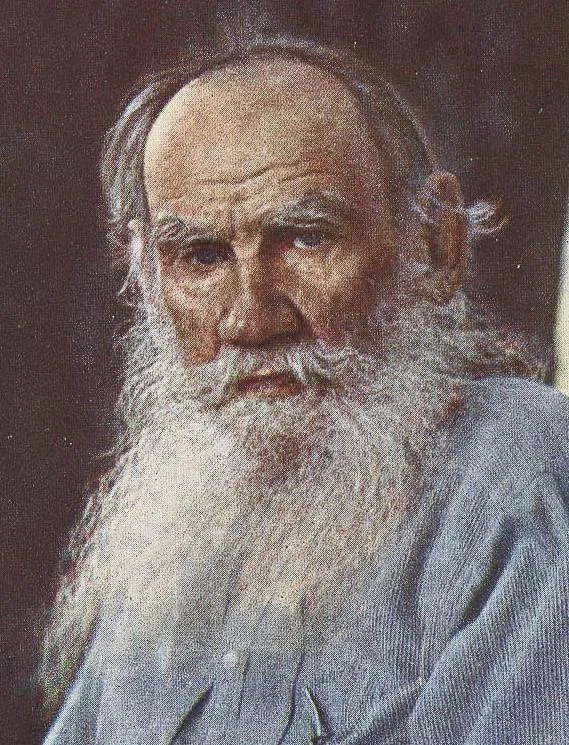Real Celebrities Never Die!
OR
Search For Past Celebrities Whose Birthday You Share
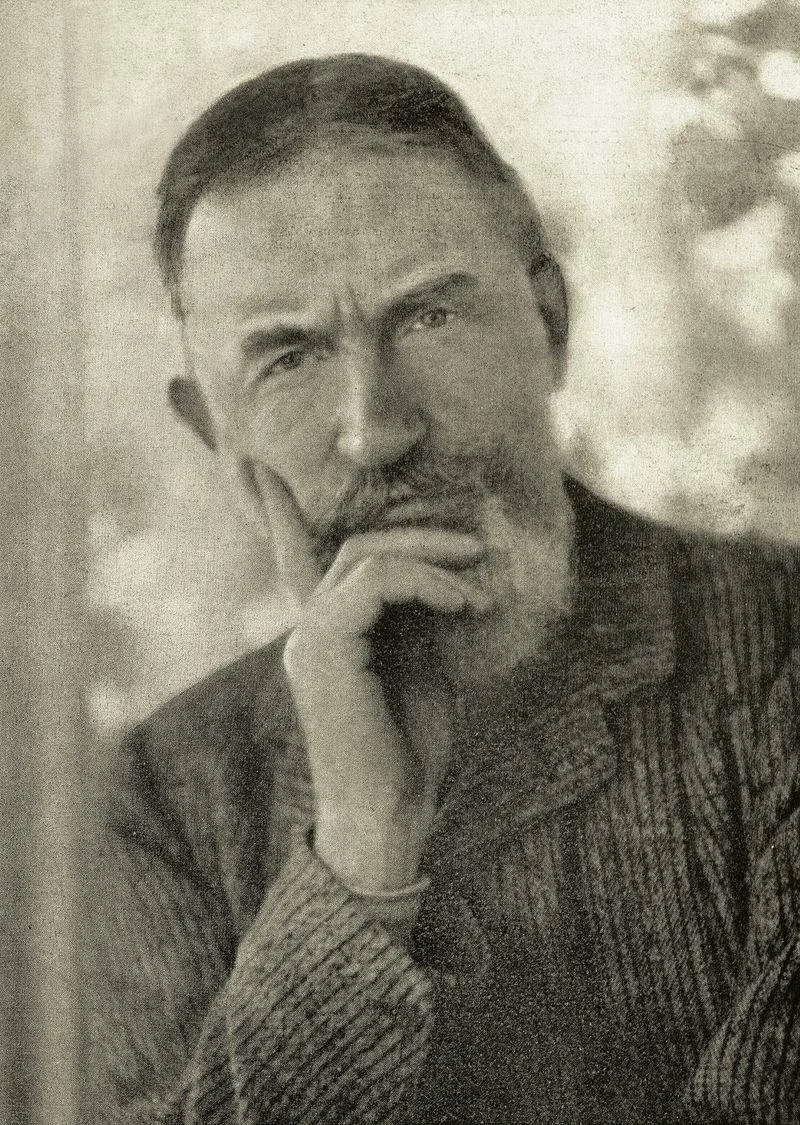
source: wikipedia.org
George Bernard Shaw
Birthday:
26 Jul, 1856
Date of Death:
02 Nov, 1950
Cause of death:
Renal failure
Nationality:
British, Irish
Famous As:
Political activist
Age at the time of death:
94
George Bernard Shaw's Quote's
Introduction: The Legacy of George Bernard Shaw
George Bernard Shaw was a renowned Irish playwright, critic, and political activist. He is considered one of the greatest dramatists of the 20th century. Throughout his life, Shaw wrote more than 60 plays, including major works like “Man and Superman”, “Pygmalion”, and “Saint Joan”.
Shaw was born on July 26, 1856, into a lower-middle-class family in Dublin, Ireland. He grew up in a modest household but developed a passion for literature early on. In 1876, he moved to London, where he struggled at first but soon established himself as a writer. He later joined the Fabian Society, a socialist organization dedicated to political and social reform.
Revolutionizing Theatre with Sharp Wit
Shaw’s entry into the theatre world was marked by his rejection of the conventional dramatic norms of his time. He sought to revolutionize the stage with his sharp wit, biting satire, and deep social insight. His plays, including “Pygmalion”, “Man and Superman”, and “Saint Joan”, challenged existing notions of class, gender, and morality. This bold approach earned him critical acclaim and widespread praise.
Art as a Tool for Social Change
Shaw was a firm believer in using art to inspire social change. He used his characters and narratives to reflect society’s flaws, forcing his audience to confront issues like class inequality and gender roles. His plays served as a mirror held up to society, challenging the status quo and encouraging progressive thinking.
Shaw as a Social Critic and Advocate
In addition to being a playwright, Shaw was an accomplished essayist and critic. His sharp wit and incisive commentary earned him many admirers. He was a vocal advocate for socialism, and his critiques of capitalism made him a champion of the oppressed. Shaw became a prominent figure in British cultural and political life, championing causes like vegetarianism, women’s rights, and even the controversial anti-vaccination movement.
Achievements: Nobel Prize and Academy Award
In 1925, Shaw was awarded the Nobel Prize in Literature for his contributions to drama. However, he refused the monetary reward, stating that he had no need for the money. His success continued when he won an Academy Award in 1938 for his screenplay adaptation of “Pygmalion”. This made Shaw the first person ever to win both a Nobel Prize and an Academy Award, a unique distinction that cemented his legacy.
Throughout his life, Shaw remained steadfast in his principles. He never compromised his beliefs, even when they were unpopular. His dedication to social justice and reform was evident in his writing, speeches, and activism. Shaw’s courage in standing by his convictions made him not only a literary giant but also a figure of moral integrity.
Final Years and Passing
Shaw lived a long and influential life, passing away at the age of 94 on November 2, 1950, due to renal failure. Even in his later years, he continued to write and advocate for social causes. His legacy as a revolutionary playwright, social critic, and champion of the underprivileged endures to this day.
Conclusion: The Enduring Impact of George Bernard Shaw
George Bernard Shaw’s influence on drama and social thought remains unparalleled. His plays continue to resonate with audiences, and his ideas on social justice, equality, and reform remain relevant. Shaw’s commitment to using art as a vehicle for change and his unwavering moral principles ensure that his legacy will inspire generations to come.
Name:
George Bernard Shaw
Popular Name:
George Bernard Shaw
Gender:
Male
Cause of Death:
Renal failure
Spouse:
Place of Birth:
Portobello, Dublin, Ireland
Place of Death:
Ayot St Lawrence, Hertfordshire, England
Occupation / Profession:
Personality Type
Debater: George Bernard Shaw was always on the lookout for more opportunities and possibilities which fueled his desire for something new.
After unsuccessfully declining The Nobel Prize for Literature in 1925, he saw that its monetary reward was used to fund the translation of Swedish books into English.
He hated his name and later became known simply as Bernard Shaw.
He was a ghostwriter for The Hornet and The Star.
He was the first person to win a Nobel Prize and an Oscar.
Shaw has his own version of the alphabet named after him called “Shaw’s alphabet” which consists of 40 letters.
Shaw turned vegetarian on ethical grounds.
Shaw was vocal about his admiration for Stalin, Mussolini, and Hitler.
He won an Oscar for Best Adapted Screenplay for the film adaptation of his play Pygmalion.
Shaw won the Nobel Prize for Literature in 1925.

